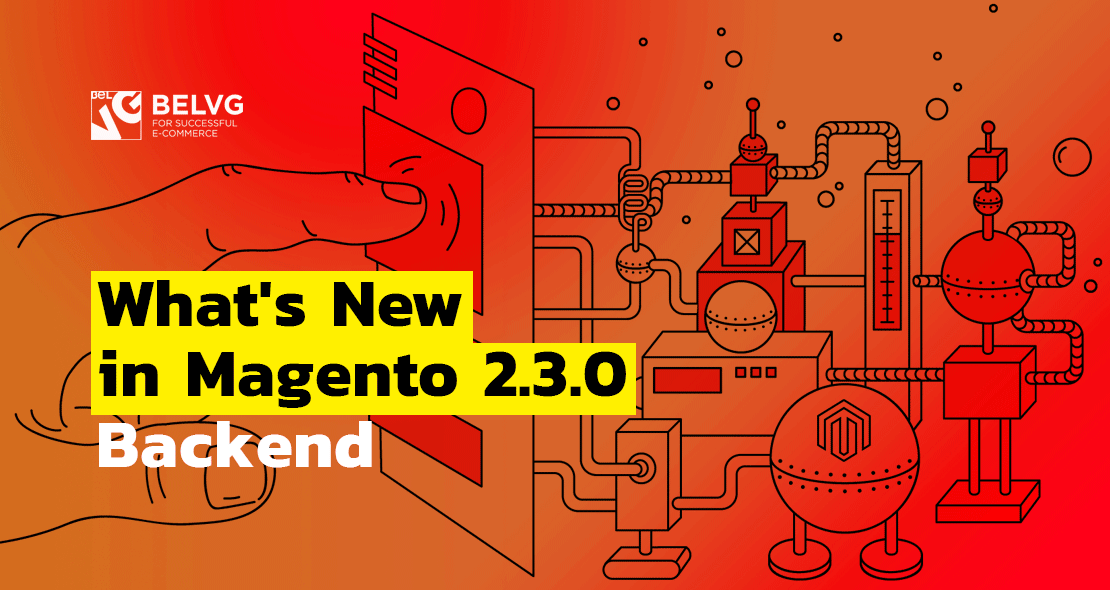
On November 28, 2018 Magento released new version of its ecommerce solution – Magento 2.3.0. First and foremost, we are very glad that Magento is constantly working on empowering merchants and improving user experience, and we congratulate the company with the new release.

So, let’s take a look at Magento 2.3.0 backend and analyze changes and improvements. Here’s a list of them, in case you’re interested in something particular.
Added PHP 7.2 support
Two-factor authentication
Google ReCAPTCHA support
Refactored code responsible for indexing
Declarative schema
API update and adding asynchronous API
Added GraphQL
Multi-Source Inventory (MSI)
Progressive Web Apps (PWA) support
Web Page Builder
Other changes
Added PHP 7.2 support
Magento can now work on the latest version of the PHP 7.2 interpreter, where all detected errors were fixed and performance was optimized. Therefore, version 2.3.0 implements the latest technologies and contains no outdated functionality and dependencies.
Two-factor authentication support was introduced to strengthen site security. It creates an additional barrier in case of security breach. You can also integrate your Magento 2.3.0 with multiple services that implement two-factor authentication. Depending on Magento version and the type of module it can require additional installation. You can find the installment guide here: https://docs.magento.com/m2/ce/user_guide/
Google ReCAPTCHA support
Implemented Google ReCAPTCHA support, which makes the site more secure from password attack or spam bots. ReCAPTCHA can be installed both at the administration panel and for customer authorization. Depending on Magento version and the type of module such a module can also require additional installation. You can find the installment guide here: https://docs.magento.com/m2/ce/user_guide/
|
1 2 3 4 5 6 7 8 9 10 11 12 13 14 15 16 17 18 19 20 21 22 23 24 25 26 |
<?xml version="1.0"?> <!-- /** * MageSpecialist * * NOTICE OF LICENSE * * This source file is subject to the Open Software License (OSL 3.0) * that is bundled with this package in the file LICENSE.txt. * It is also available through the world-wide-web at this URL: * http://opensource.org/licenses/osl-3.0.php * If you did not receive a copy of the license and are unable to * obtain it through the world-wide-web, please send an email * to [email protected] so we can send you a copy immediately. * * @category MSP * @package MSP_ReCaptcha * @copyright Copyright (c) 2017 Skeeller srl (http://www.magespecialist.it) * @license http://opensource.org/licenses/osl-3.0.php Open Software License (OSL 3.0) */ --> <config xmlns:xsi="http://www.w3.org/2001/XMLSchema-instance" xsi:noNamespaceSchemaLocation="urn:magento:framework:Module/etc/module.xsd"> <module name="MSP_ReCaptcha" setup_version="1.5.0"> </module> </config> |
New version of Magento has an increased speed of indexing, which will reduce the load on the server and reduce the time of updating information for customers. From now on even a very large database will always put out only relevant product data.
Now, database schema migrations can be described declaratively in a special db_scheme.xml file. There the developer sets the necessary table names as well as field names and types. This mechanism allows to abstract from the used DBMS (database management system) and low-level SQL-structures. Consequently, data and schema patches appeared in Magento, allowing to make changes in the existing databases.
|
1 2 3 4 5 6 7 8 9 10 11 12 13 14 15 16 17 |
<?xml version="1.0"?> <!-- /** * Copyright © Magento, Inc. All rights reserved. * See COPYING.txt for license details. */ --> <schema xmlns:xsi="http://www.w3.org/2001/XMLSchema-instance" xsi:noNamespaceSchemaLocation="urn:magento:framework:Setup/Declaration/Schema/etc/schema.xsd"> <table name="patch_list" resource="default" comment="List of data/schema patches"> <column xsi:type="int" name="patch_id" identity="true" comment="Patch Auto Increment" /> <column xsi:type="varchar" name="patch_name" length="1024" nullable="false" comment="Patch Class Name" /> <constraint xsi:type="primary" referenceId="PRIMARY"> <column name="patch_id" /> </constraint> </table> </schema> |
Magento 2.3.0 has new interfaces and improved API performance for integration with external systems. Moreover, it became possible to use the asynchronous API: now the external system may not wait for a response to the request if this request requires long time to be executed. As a request is accepted for execution, Magento returns the identifier, allowing the external system to check status of the request while performing other tasks.
The new version of Magento supports GraphQL – technology for describing the interface of data exchange between the backend and frontend. GraphQL allows clients to request specific data and combine data from several sources. This addition simplifies the interaction with the server and allows to optimize the number of requests.
This is a simplified management mechanism for several warehouses which allows to conduct a quick inventory and keep records of the quantity of goods. The corresponding Magento API has been expanded. What is mor,e the delivery functionality has been expanded and the ability to select products from different warehouses has been added.
This technology allows you to save the website on your mobile device as if it were a mobile application. At the same time, static data is stored in the device cache, which saves traffic and speeds up page loading. A user can open the site as an application through a shortcut on the screen of the mobile device. To use the PWA features, you need to install the additional package Magento PWA Studio.
In a short time, PageBuilder will be implemented in Magento, which allows the site administrator to create new full-fledged web pages in a simplified interface without the help of an IT specialist. At the moment it is available only as a separate module.
The old wysiwyg editor is replaced by the updated TinyMCE (which, unfortunately, also brings difficulties when you use old modules). Fixed detected errors, refactored and optimized many parts of the Magento kernel code. Part of the framework was transferred in modules.
This is all the changes the Magento 2.3.0 backend has. I hope you found this article useful; if you have questions or comments, feel free to leave them down below.

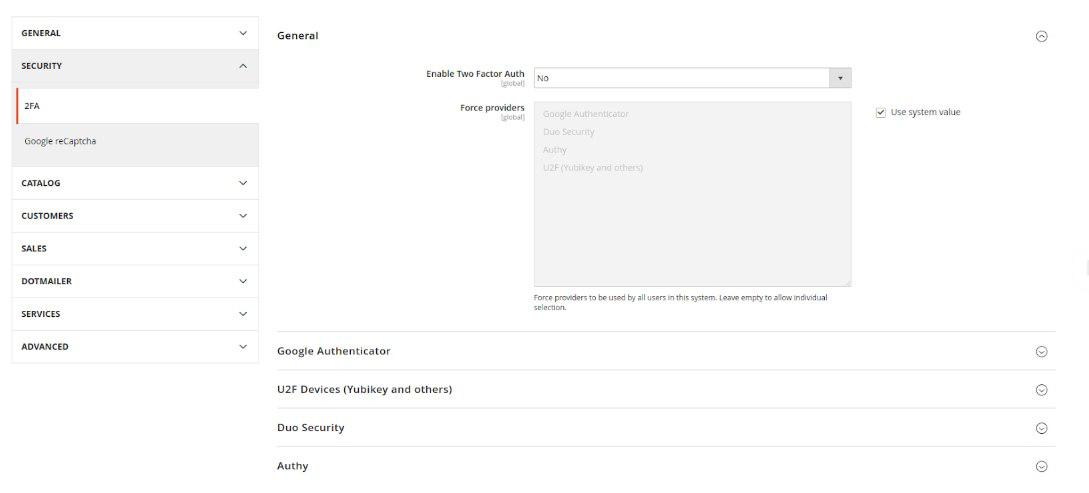

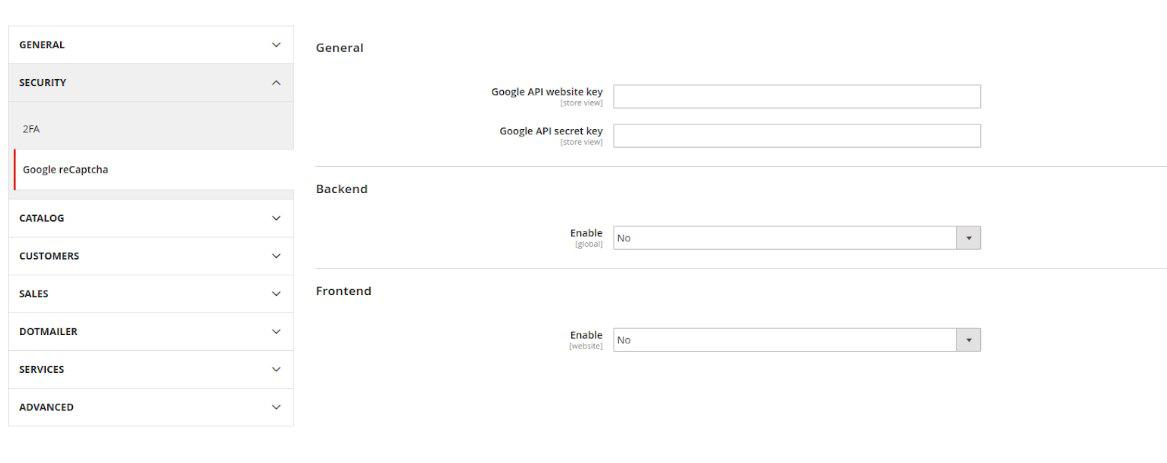

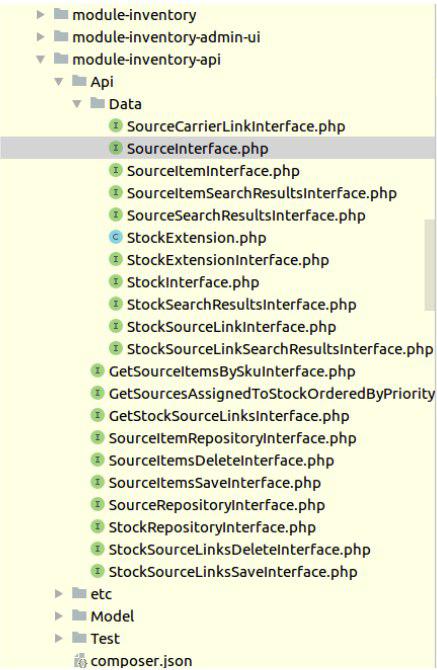

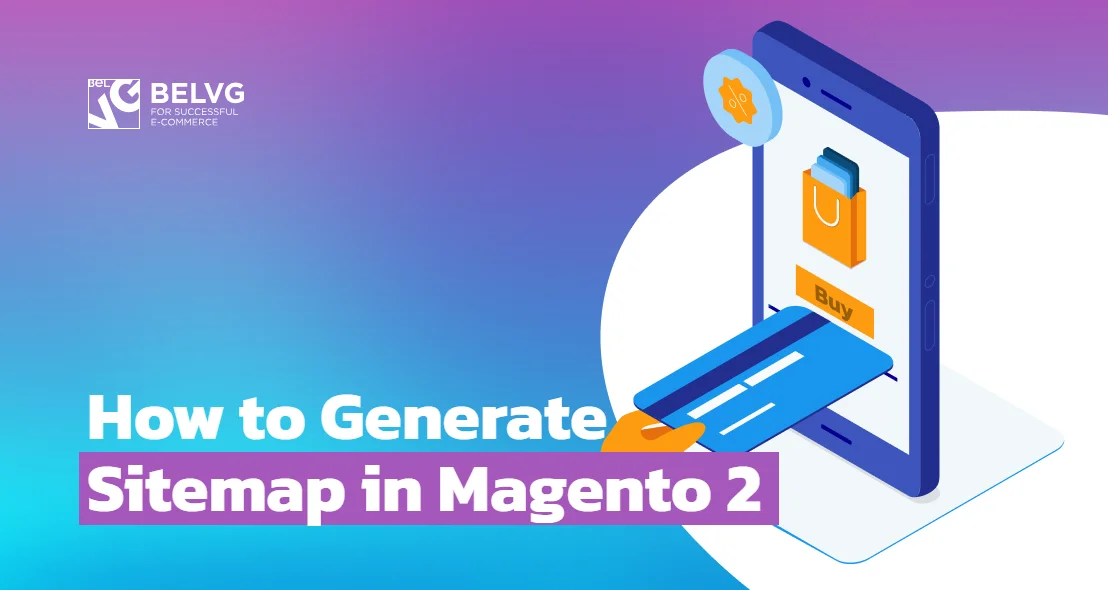

Hi, Sourabh!
In the new version of Magento there were changes that now can alter the behavior of the standard functionality or prohibit the use of obsolete capabilities. In your case, I would recommend to debug this module and make modifications for version 2.3.0. Cases like yours tend to be the result of not following the recommendations specified in the Magento documentation.
My extension was working fine in magento 2.2 but in magento 2.3 it gives authentication error when i tried pass admin details to extension to fetch data in xml
Hi!
Of course you can add new module in Magento 2.3.0, but it has to be compatible with this version. Such information is always specified in the module instruction.
Is it possible to add new module in magento 2.3.0??